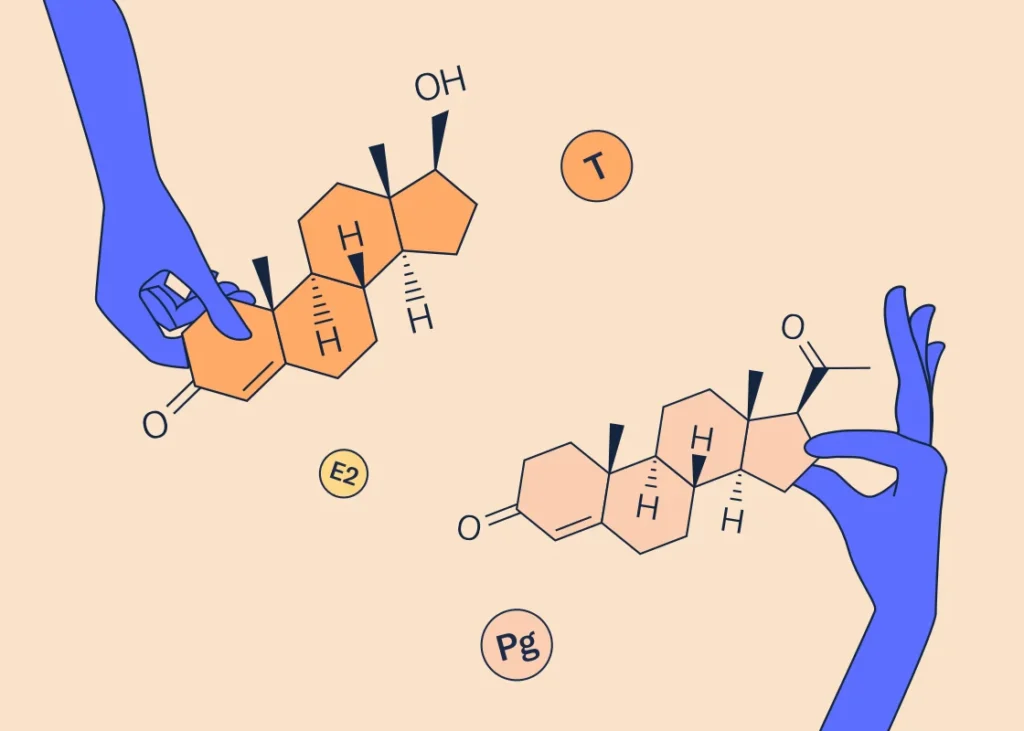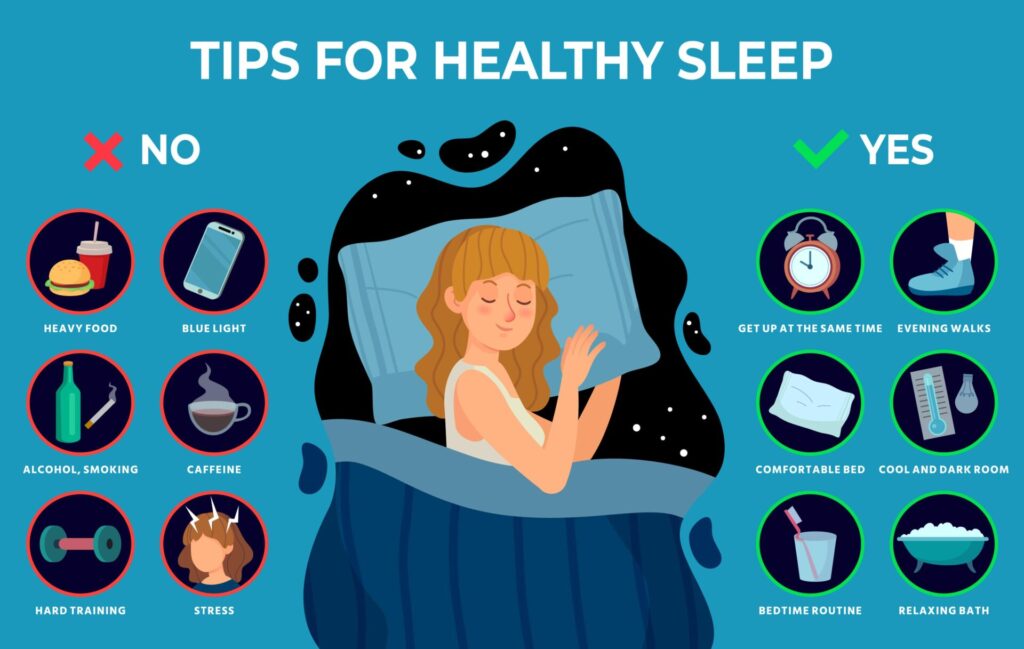Infertility, defined as the inability to conceive after a year of regular, unprotected intercourse, affects millions of couples worldwide. Both men and women can face infertility issues due to various factors, including hormonal imbalances, lifestyle choices, and underlying health conditions. However, making specific lifestyle changes and adopting a nutritious diet can significantly improve fertility. Understanding the role of hormones in fertility and how to support them through diet and lifestyle is crucial in addressing this challenge.
Understanding Hormones and Fertility

Hormones play a pivotal role in regulating the reproductive system. Key hormones involved in fertility include:
- Follicle-Stimulating Hormone (FSH): Stimulates the growth of ovarian follicles in women and sperm production in men.
- Luteinizing Hormone (LH): Triggers ovulation in women and stimulates testosterone production in men.
- Estrogen and Progesterone: Regulate the menstrual cycle and maintain pregnancy.
- Testosterone: Essential for sperm production and libido in men.
- Anti-Müllerian Hormone (AMH): Indicates the ovarian reserve (egg supply) in women. Higher AMH levels suggest a better ovarian reserve.
Lifestyle Changes to Improve Fertility

- Maintaining a healthy weight is crucial for fertility, as both underweight and overweight conditions can disrupt hormonal balance. For women, excess weight can lead to irregular menstrual cycles and ovulation issues, while being underweight can decrease estrogen levels, hindering ovulation. In men, obesity can reduce sperm quality and testosterone levels. Achieving and maintaining a healthy weight through a balanced diet and regular exercise can improve reproductive health by normalizing hormone levels, promoting regular ovulation, and enhancing sperm quality, thus increasing the chances of conception.
- Aim for a balanced diet and regular exercise to achieve and maintain a healthy weight.

- Chronic stress can disrupt hormonal balance, impacting ovulation and sperm production.
- Managing stress is crucial for fertility, as chronic stress can disrupt hormone production and menstrual cycles. Techniques like yoga, meditation, and deep breathing exercises help calm the mind and body. Regular physical activity, maintaining a healthy work-life balance, and engaging in hobbies can also reduce stress. They are ensuring adequate sleep and seeking support from friends, family, or a therapist further aids in managing stress effectively.
- Practice relaxation techniques such as yoga, meditation, and deep breathing exercises.
3. Quit Smoking and Limit Alcohol:

- Smoking and excessive alcohol consumption can damage reproductive organs and alter hormone levels. Quitting smoking is vital for fertility, as smoking damages reproductive organs and disrupts hormone levels. In women, it can lead to irregular menstrual cycles and reduced ovarian function. In men, it lowers sperm quality and count. Stopping smoking improves overall reproductive health and increases the chances of conception.
- Quit smoking and limit alcohol intake to improve overall reproductive health.

- Why it Matters: Poor sleep can disrupt hormone production, including those critical for reproduction.
- Action: Aim for 7-9 hours of quality sleep per night.
Healthy Foods to Boost Fertility

- Fertility-boosting foods play a significant role in enhancing reproductive health.
- Leafy greens, such as spinach, kale, and Swiss chard, are rich in folate and iron, essential for ovulation and embryo development.
- Whole grains provide complex carbohydrates and B vitamins that support hormonal balance, including brown rice, quinoa, and oats.
- Lean proteins, such as chicken, turkey, beans, and legumes, are essential for the production of reproductive hormones and healthy sperm.
- Healthy fats, including avocados, nuts, seeds, and olive oil, support hormone production and reduce inflammation.
- Berries and citrus fruits are high in antioxidants, which protect eggs and sperm from damage, including blueberries, strawberries, oranges, and grapefruits.
- Full-fat dairy products, such as full-fat yogurt, milk, and cheese, can improve ovarian function. Hydration is crucial for maintaining optimal reproductive function, so drink at least eight glasses of water daily.
Nutrients Essential for Fertility

- Incorporating fertility-boosting nutrients and foods into your diet is essential.
- Folate (Vitamin B9) supports ovulation and fetal development and can be found in leafy greens, citrus fruits, beans, and fortified grains.
- Iron is essential for normal ovulation and preventing anemia and is present in red meat, poultry, fish, beans, lentils, and fortified cereals.
- Omega-3 fatty acids reduce inflammation and support hormone production, and can be sourced from fatty fish, flaxseeds, chia seeds, and walnuts.
- Antioxidants (Vitamins C and E) protect eggs and sperm from oxidative stress, and are found in berries, nuts, seeds, and olive oil.
- Calcium and Vitamin D support ovarian function and overall reproductive health, with sources including dairy products, fortified plant-based milks, and sunlight exposure for vitamin D synthesis.
Conclusion
Infertility can be a challenging issue, but making conscious lifestyle changes and adopting a nutritious diet can significantly enhance fertility. Understanding the role of hormones, such as FSH, LH, estrogen, progesterone, testosterone, and AMH, is essential for addressing fertility problems. By maintaining a healthy weight, reducing stress, avoiding harmful substances, getting enough sleep, and incorporating fertility-boosting foods into your diet, you can support your reproductive health.
For further guidance and personalized advice, consider consulting with a healthcare provider or a fertility specialist. Remember, small changes can make a big difference in your journey towards parenthood.

